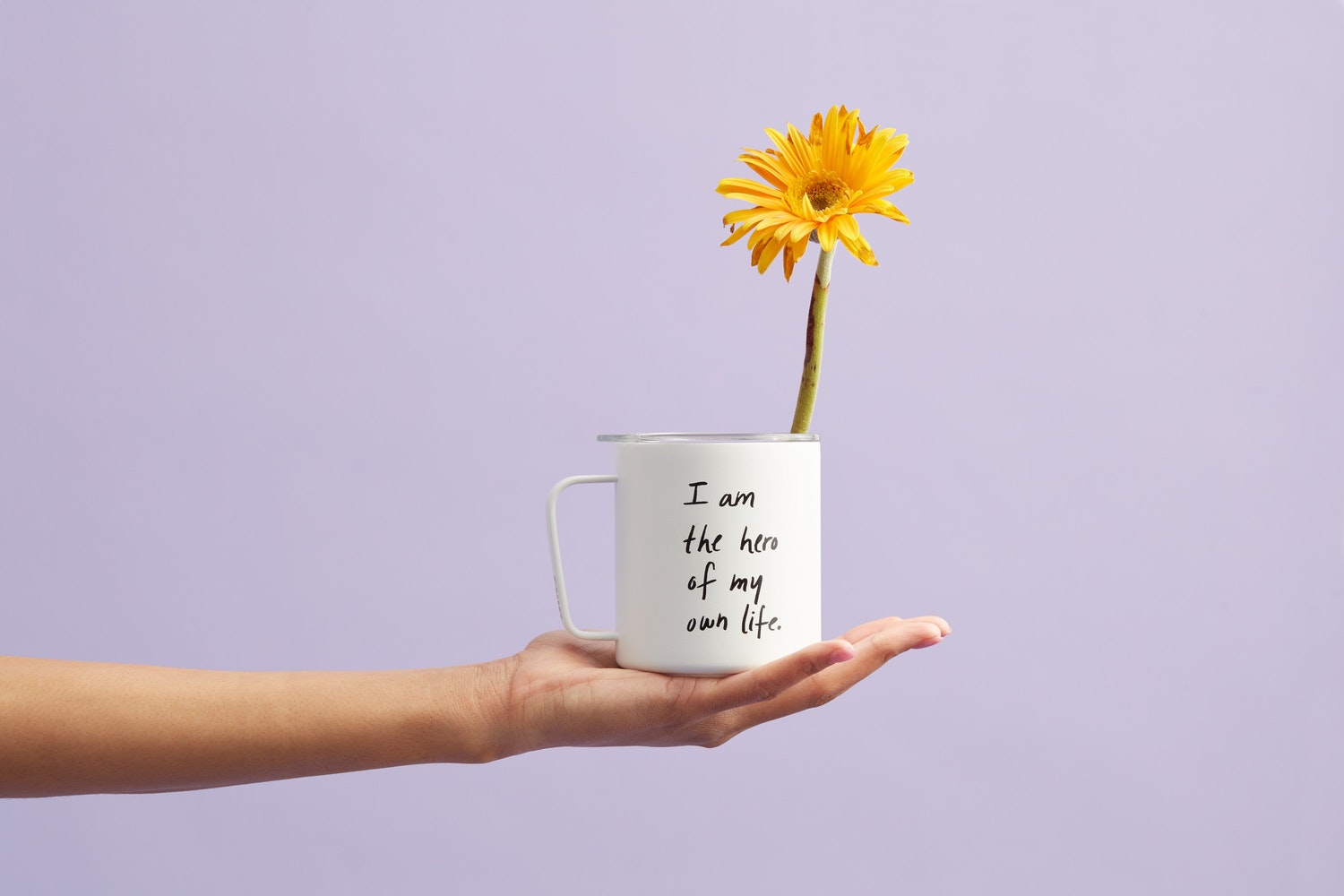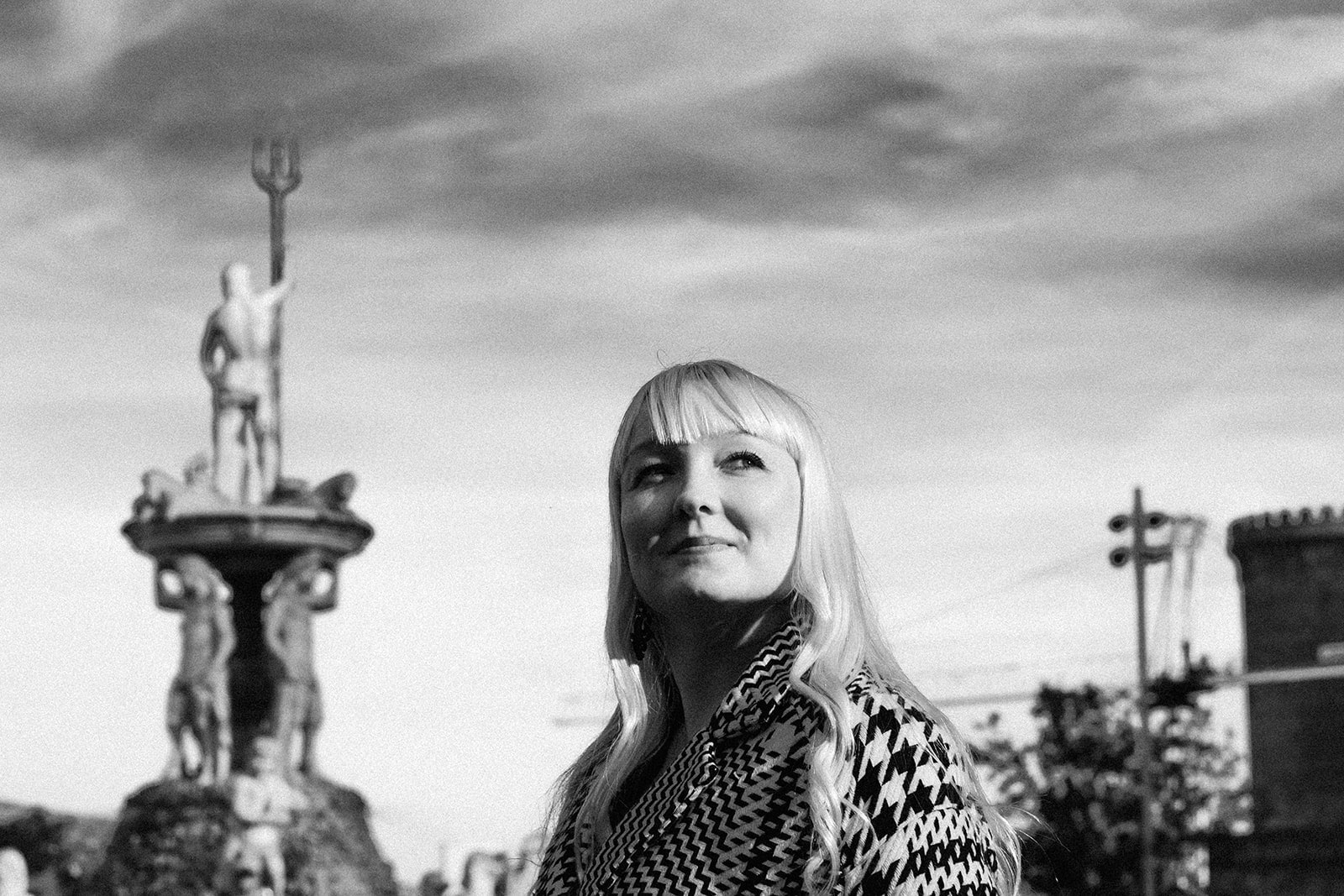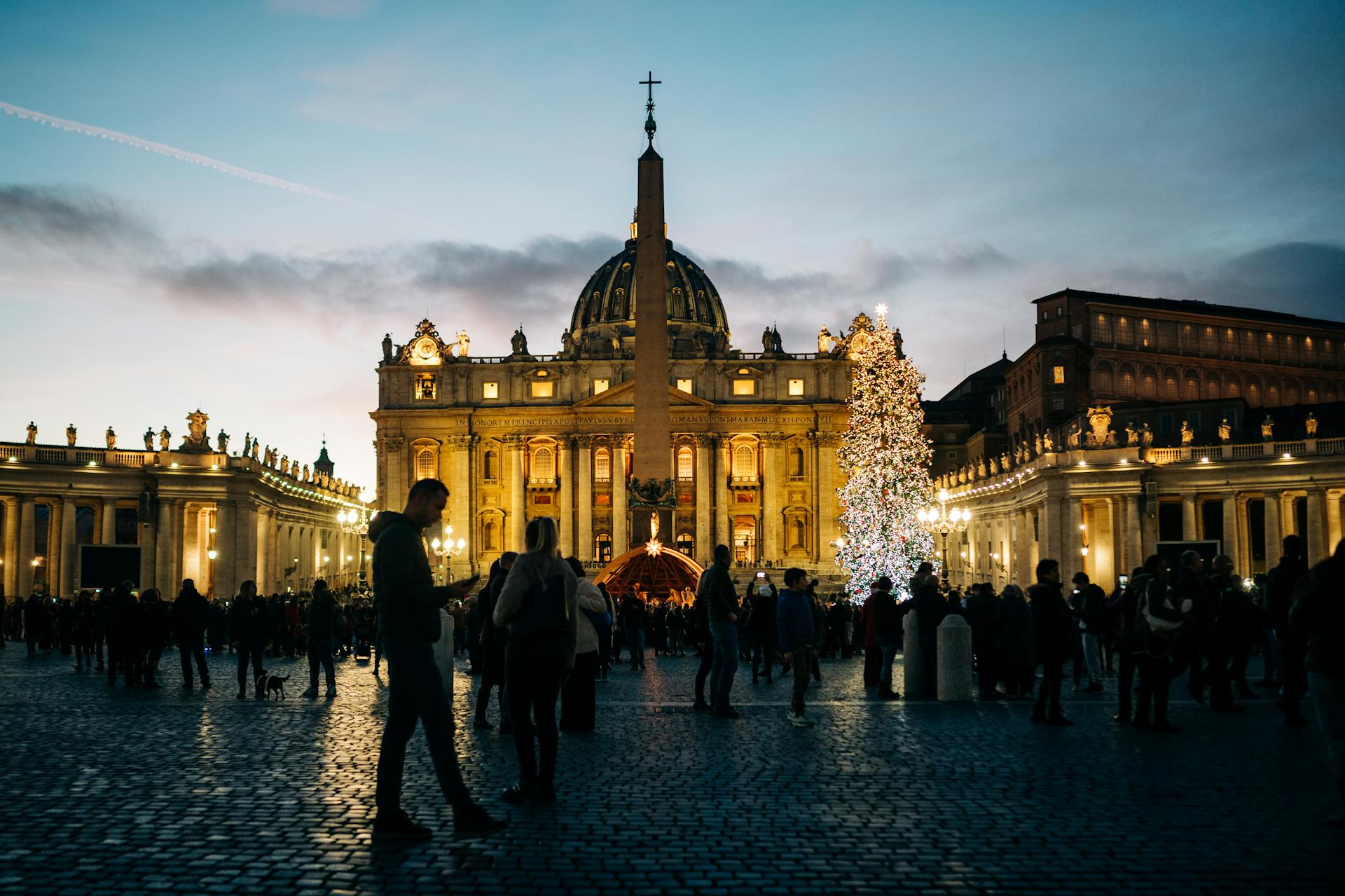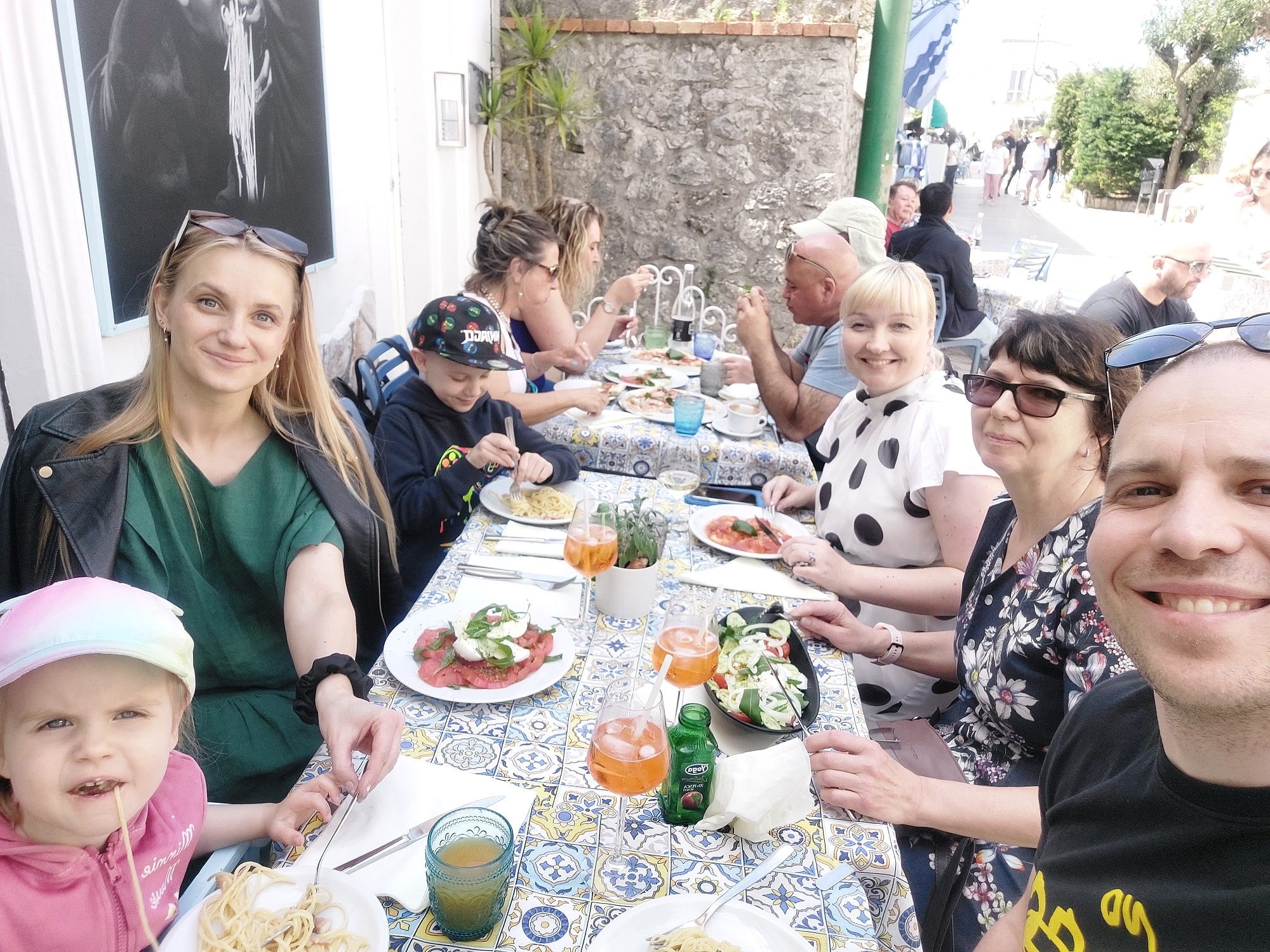Longer shelf-life, localness and sustainability preference.
Taking a look at different international consumption and lifestyle studies, it’s evident that one of the biggest trends was the shift from short-term to long-term focus in many areas. Things we thought that we possibly couldn’t live without, this new dress or that new gadget, lost their sparkle. It was indeed possible to live without. Undoubtedly part of it was also connected to the fact that we didn’t have so many occasions to wear something beautiful or to travel, and for quite many people the income decreased considerably, but in many cases we can also talk about the mental shift towards preferring items with longer shelf-life to more superficial impulse purchases. Such as local handmade design items over quick one-season fashion, for instance, or investing into our homes. Things that last for years and years, justifying thus their higher cost, and that are also being less of a burden to our environment. And how much more gratifying it is to think that the order you made from your local family restaurant or designer is supporting people next to you, rather than going to bigger global chains that will surely get by more easily.
Valuing experiences over things.
That is something that holds true always, not only in the context of global health crisis. When taking a look at recent theories of well-being and positive psychology, our rate of getting tired of things and always comparing physical things to the ones somebody else has, is so high, that we get less and less satisfaction out of it. If we get a better car, somebody always has better still. Or better apartment. Or earns more than us. Positive psychologists argue that when talking about things that make us happy, very often miswanting occurs. Essentially, it’s about us mispredicting the level of happiness something brings and how much we will continue liking it in the future. Taking an example of a new cool gadget, for instance. Shortly after purchase we might feel pretty happy, after a week or so much less and after 2-3 months we have got used to having it and there’s no such thrill anymore. And the level of happiness is about to go down even more, should we learn that a friend has a much better one or that the company is about to introduce yet a new version of it.
Consequently, it has been concluded that whenever possible, we should prefer experiences over physical things. To start with, those are much harder to compare directly. My trip to Italy vs your trip to Italy or your concert vs my concert, for instance. So many things come to play here whilst comparing them that it’s much more challenging than comparing the physical features of some items, let’s say those of two mobile phones. Furthermore, the reason why experiences give us much more happiness than things is that they are spread over time. Let’s take that trip to Italy example again. Quite frequently you are starting planning in advance, so your level of happiness increases already with the purchase of tickets, booking accommodation, planning your activities, selecting your travel wardrobe and books to bring with you etc. And then comes the trip itself, allowing the excitement of it bringing the happiness levels up again. But it doesn’t end with the trip. Your happiness levels might go down shortly after – that unpacking and dealing with some piled up work and home tasks nightmare -, but they go up again in different moments of time when talking about the trip with friends and family, organizing your trip photos or using or watching something brought from the trip, a local souvenir for your home, for instance. Something that we call re-experiencing.
Social connection counts.
Experiences are closely related to the importance of social connection. When thinking of the coronavirus pandemic, again different international studies have shown that people were most of all missing human contacts, meeting with friends and extended family, having a nice dinner out, going to theatre or similar cultural events and travelling. It was pretty hard at first to come to terms with the reality of closed borders and not going for any kind of trips. Most of us understood the need to do so for health reasons, but it didn’t make it any less difficult mentally. Now that the world is reopening again, what an incredible pleasure to go again to our accustomed journeys or why not allowing yourself to discover some new, yet untaken routes. Going for a moment back to the field of positive psychology again, the social connection that the travelling brings, that of those short superficial contacts – for instance, saying every morning hello to the baker or your next door locals -, are for our happiness as important as the more meaningful and deeper relationships that we have with our close circle. We just need both in our lives for being happy.
Some takeaways for boosting your happiness:
When talking about physical things, try to be conscious about your natural need to have external reference points and comparing those to the ones other people have or that you yourself might still want in the future. The moment you are stopping to do that, the satisfaction you will get from anything you have been buying will last longer.
Whenever possible, go for locally designed products with longer shelf-life or local (family-run) services, restaurants etc. The level of satisfaction increases considerably when you directly see who your purchases are helping and your heart is much less worried about our environment when the items you are buying are lasting ones.
Prefer experiences over things. They are harder to compare to the ones others have and the happiness spreads longer over time with re-experiencing.
Allow yourself to travel and make some local contacts. (Re)connect with people!
Be aware of miswanting and concentrate on things that really increase the level of happiness.








Comments